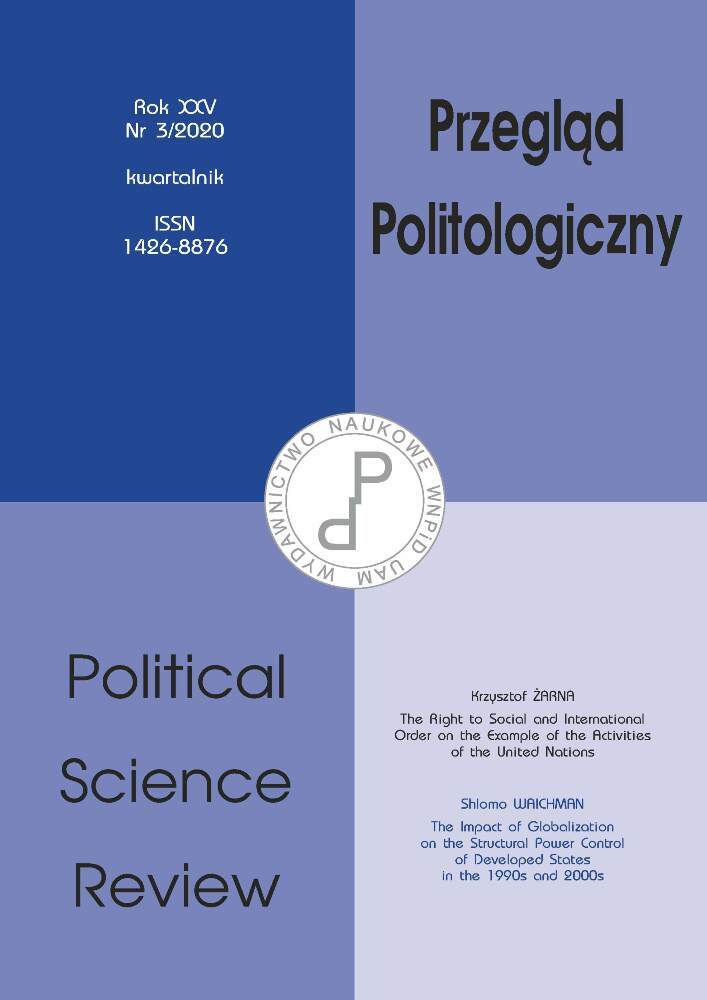Abstract
The power politics has always been a great obstacle in reaching the just consensus in international law. In particular, the political realist approaches stemming from the powerful states often undermine the equality and justice in international legal sphere. Yet the judicial wisdom of some of the outstanding judges in the International Court of Justice have shown a remarkable audacity against trickiest power politics. This article unveils the universalist approach used by outstanding jurist late judge C. G. Weeramantry during his tenure at ICJ. This article seeks how judge Weeramantry delivered his judgements and advisory opinions as a jurist emerged from the Global South. This paper will assess the contribution made by Judge Weeramantry in a complex judicial space filled with power politics from both legal and philosophical perspectives.
References
Anghie A., Chmni B. (2003), Third World and International Order: Law, Politics and Globalization, Bril-Nijhof, 1st Edition, pp. 34.
Green Jan Mayen, Judgment, I.C.J. Reports 1993.
Hendlin Yogi (2014), The Threshold Problem in Intergenerational Justice, “Ethics and the Environment”, vol. 19, no. 2 (Fall 2014), pp. 1–38.
Holms O., Posner R. (eds.), 1997, The Essential Holmes: Selections from the letters, speeches and judicial opinions, University of Chicago Press, pp. 139.
Hungary/Slovakia, Judgment, I.C.J. Reports 1997.
Legality of the Threat or Use of Nuclear Weapons, Advisory Opinion, I.C.J. Reports 1996, International Court of Justice (ICJ), 8 July 1996.
Smith S., Borough Van Der. (1998), Legal and Moral Defects of Nuclear Deterrence, Peace and Conflict Studies Quarterly, John Hopkins University Press, pp. 56–123.
Weeramantry C. J. (2004), Universalizing International Law: Developments in International Law, Brill-Nijhoff, pp. 167.
Weeramantry C. J. (1975), The Law in Crisis: Bridges of Understanding, Sarvodaya Vishva Lekha, pp. 23.

